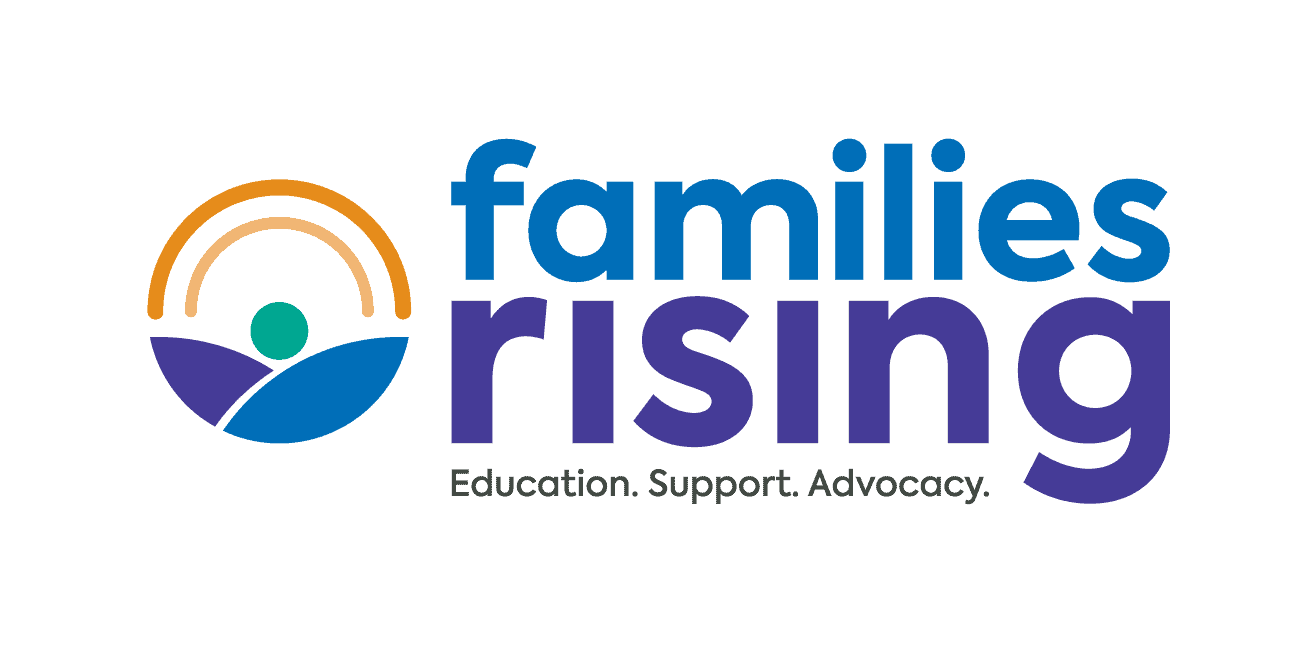Adoption is a beautiful journey that brings families together, but it can also come with significant financial implications. Understanding the Adoption Tax Credit can make a substantial difference in managing these costs. In this guide, we’ll help you explore the details of the Adoption Tax Credit, providing you with essential information to navigate this aspect of the adoption process.
Understanding the Adoption Tax Credit
What is the Adoption Tax Credit?
The Adoption Tax Credit is a non-refundable credit that helps adoptive families (not stepparent adoption) offset qualified adoption expenses. It aims to alleviate some of the financial burdens associated with the adoption process, making it more accessible for families considering adoption.
Who is Eligible for the Adoption Tax Credit?
Eligibility for the Adoption Tax Credit is available to adoptive parents who have incurred qualifying adoption expenses. These expenses must be directly related to adopting an eligible child, whether domestic or international. Children who receive adoption assistance from their state qualify for the full amount of the credit regardless of actual expenses incurred.
Qualifying Expenses for the Adoption Tax Credit
What Expenses are Eligible for the Adoption Tax Credit?
Qualified adoption expenses include “reasonable” and necessary adoption fees, court costs, attorney fees, travel expenses, and other expenses directly related to the legal adoption of a child. It’s essential to keep detailed records and receipts for all expenses incurred.
Documentation Requirements
Documentation is crucial when claiming the Adoption Tax Credit. Adoptive parents must maintain accurate records of all adoption-related expenses, including receipts, invoices, contracts, adoption agency agreements, adoption assistance agreements (for special needs adoption), and proof of adoption. These documents will be necessary to support the claim in case of an IRS audit.
Limitations and Phase-Out
Maximum Credit Amount
The maximum Adoption Tax Credit amount for 2023 is $15,950 per child. This amount is subject to change annually due to inflation adjustments. However, the credit is non-refundable, meaning it can only reduce the adoptive parents’ tax liability to zero. Any excess credit cannot be refunded.
Income Limitations
Income limitations apply to the Adoption Tax Credit, affecting the amount of credit available to adoptive parents. As income increases, the credit gradually “phases out” until it is no longer available for higher-income families. For 2023 the phase begins at $239,230 and is completely phased out at $279,230.
How to Claim the Adoption Tax Credit
Completing IRS Form 8839
To claim the Adoption Tax Credit, adoptive parents must complete IRS Form 8839, Qualified Adoption Expenses. For families doing their taxes, you will have to enter into the credit section to select this form and work through the prompts. Most families use software themselves or hire tax preparers who use software, the software will calculate how much credit you can use this year.
The credit will directly reduce their tax liability for the year in which the adoption is finalized. Any unused credit will carry forward to the next tax year, and up to five additional years (for a total of six years).
Workplace Adoption Assistance Programs
Key Differences
Unlike on-going adoption assistance programs provided by states to children who are hard to place. Some employers provide adoption assistance to help families pay for their adoption costs. These benefits show up on their W-2 but can be excluded (via form 8839, Part III) from their income. Families who adopt children considered “special needs” by the state by the adoption subsidy program and whose employer has a workplace adoption assistance program can exclude the full amount regardless of the amount the employer provided the family.
How They Work Together
Adoptive families may utilize both the Adoption Tax Credit and Exclusion, if they are basing it on actual paid qualified adoption expenses (not consider “special needs”) they must apply the expenses against the exclusion amount first. Any expenses can then be used to file to claim the credit.
State Adoption Tax Credits
Overview
In addition to the federal Adoption Tax Credit, many states offer their adoption tax credits or deductions. These credits vary by state and may provide additional financial support to adoptive families.
Researching State-Specific Credits
Adoptive families should research their state’s adoption tax credit or deduction policies to determine eligibility and requirements. Families Rising provides comprehensive information for state adoption tax credits. Consulting with a tax professional or adoption agency can provide valuable guidance in navigating state-specific benefits
Advocating for Refundability of the Adoption Tax Credit
Changes Over the Years
In 2010 and 2011, the Federal Adoption Tax Credit was fully refundable. When the credit was refundable all families under the income limit were able to use the adoption tax credit regardless of their tax liability.
Implications for Adoptive Families
Tax statistics show that when the adoption tax credit isn’t refundable, that usually families with Adjusted Gross Income below $30,000 are unable to use the Adoption Tax Credit. Depending on other factors, including number of dependents, even higher earners may struggle to use the Adoption Tax Credit within six years. For families wishing to advocate making the Adoption Tax Credit refundable again, please visit the Take Action section of this web page (note Families Rising is part of the group that runs that website).
Planning for Adoption Expenses
Budgeting Tips
Planning and budgeting for adoption expenses are essential steps for prospective adoptive families. Creating a comprehensive financial plan can help families manage costs and take advantage of available tax benefits. For families pursuing private domestic adoptions, they are allowed to file for the credit the year after qualified adoption expenses are paid even if the adoption isn’t finalized, and even if an expectant mother or child have been identified.
Seeking Financial Assistance
In addition to the Adoption Tax Credit, adoptive families may explore other financial assistance options, such as employer adoption benefits, adoption grants, and fundraising initiatives. These resources can supplement the cost of adoption and alleviate financial burdens.
Resources for Adoptive Families
Government Agencies
Various government agencies, such as Child Welfare Information Gateway, The Children’s Bureau for Families and Children, and the IRS, offer resources and support services for adoptive families. These services include information on tax credits, adoption subsidies, and legal assistance. These agencies can provide valuable guidance throughout the adoption process.
Families Rising and other nonprofit organizations
Families Rising and other nonprofit organizations such as The National Council for Adoption specializing in adoption advocacy and support often offer educational resources to help families navigate tax credits and assistance programs.
Learn more about Adoption Tax Credit and Subsidies.
Learn about State Adoption Tax Credits and Assistance.
Sources:
https://www.irs.gov/newsroom/the-adoption-tax-credit-helps-families-with-adoption-related-expenses
https://www.irs.gov/help/ita/am-i-eligible-to-claim-a-credit-for-adopting-a-child-or-to-exclude-employer-provided-adoption-benefits-from-my-employer
https://www.irs.gov/taxtopics/tc607
https://www.irs.gov/forms-pubs/about-form-8839
https://www.irs.gov/newsroom/understanding-the-adoption-tax-credit


